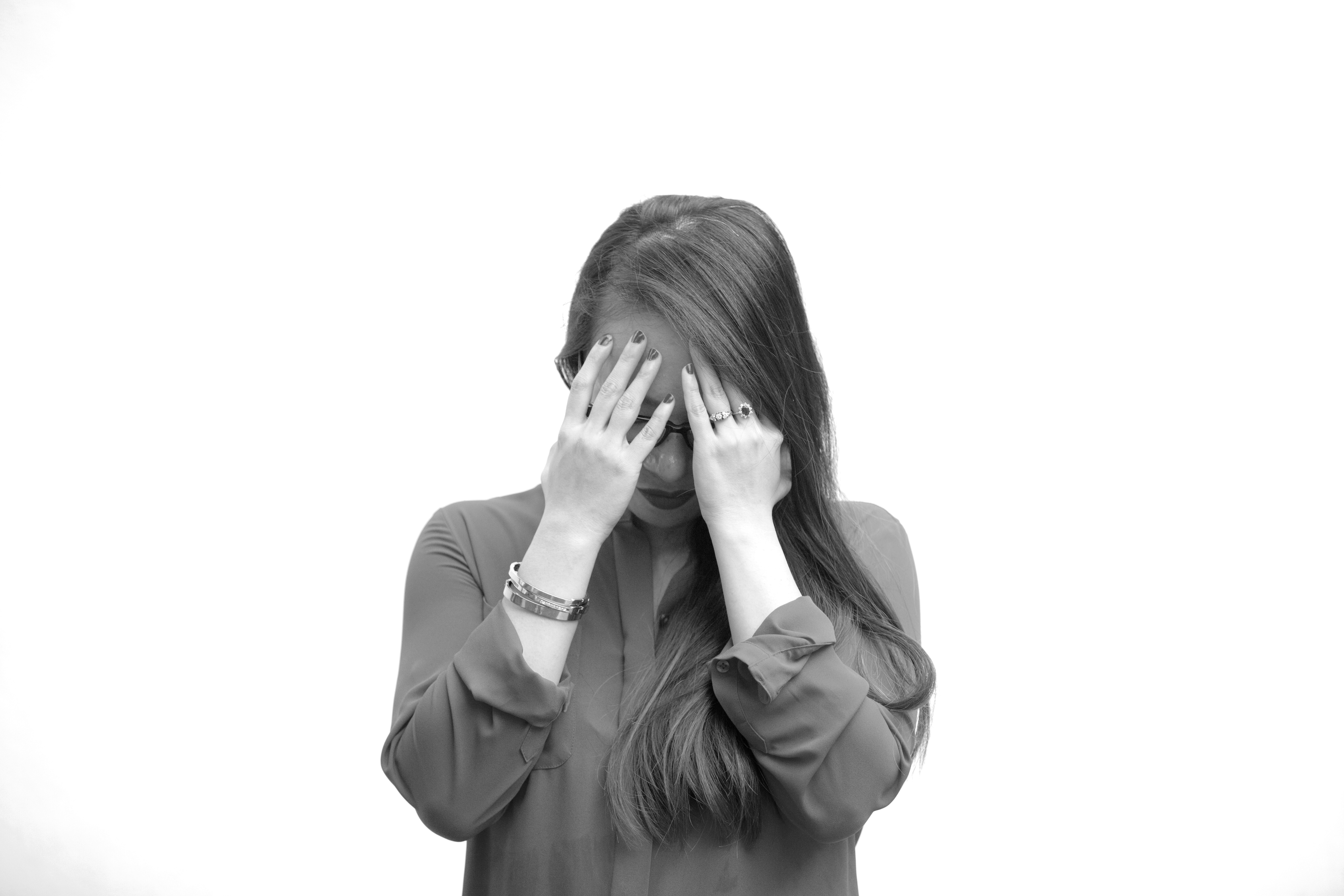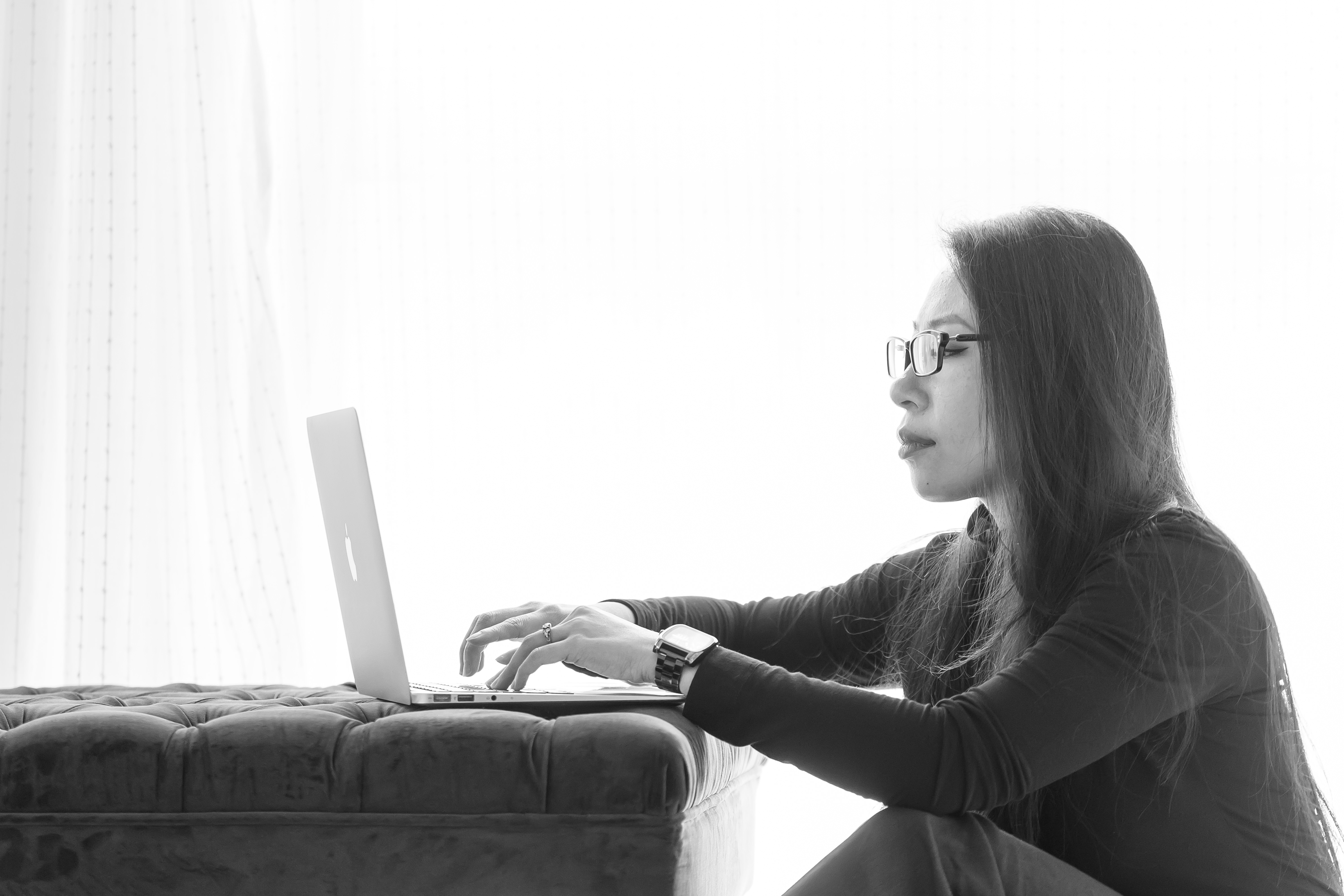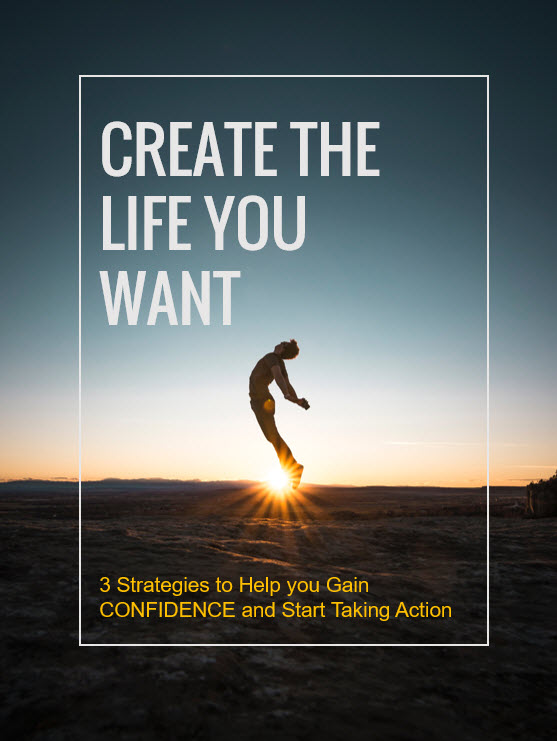EMOTIONS
Why We Judge Others and Ourselves and How to Stop it
10 December 2019
“Never judge an eagle by the opinion of turkeys.” ― Matshona Dhliwayo
Have you made a judgement call on a person or situation only for it to be completely wrong?
I used to have this business associate who appears to be a really nice guy but his nice demeanour hides a lot of shoddy business deals. He was signing customers up for projects that cannot be delivered, he was hiring contractors and then not paying them for their job done and instead dangles a carrot of more work to come and bigger paycheck in the supposedly foreseeable future.
Everyone who has met this guy says that he is such a nice guy and most people feel comfortable cutting a deal with him. As a sceptical person, I do not tend to be convinced by people easily, not because I am such a smart ass but because I believe that people’s actions are driven by their innate motivations. After all, we are all humans.
Now, whether those are positive or negative motivations, that can only be known after some time of getting to know a person. In this instance, I, like the others, have equated his friendly demeanour as being honest and competent. We had mistaken one for the other but our judgement was wrong.
What we base our judgements on
Amy Cuddy, a professor at Harvard Business School suggests that we judge people based on two things: warmth and competency. Or simply put, how they make us feel and what they can do. In my case above, I have judged the business associate positively based on his warmth, I felt like a friend and I misjudged his competency.
At the same time, I have also met competent people whom I misjudge negatively at first because they weren’t warm but over time as I got to know them, they became friendlier my judgement of them changes.
We find it easy to judge people we do not know personally such as celebrities. Celebrities like the Kadarshians for example irk many people because we judge them based on a perceived lack of talent and find them annoying to listen to and to look at.
For the ladies who love what they stand for however, the Kadarshians are a positive influence. They are seen as an expert on beauty because they look impeccable most of the time. For others who prefer to be inspired by authors or actors however, the Kadarshians hold no allure whatsoever.
We also judge people based on our own envy and insecurities. When news broke about Kylie Jenner being proclaimed a self-made billionaire, there were many who scoffed at this news because most feel like she isn’t exactly self-made and instead was already wealthy from the reality show her mum and stepsisters created.
But mostly I think we judge her because we too want to be a multi-millionaire before we can even legally drink and whilst we can understand how geniuses like Elon Musk contributes to the world, we can’t really appreciate Kylie’s contribution via her lip kits. That said however, there is no denying her ability to influence the masses and push her products which is what people in business do.
If I can do it, so can they
Judgement has its time and place, we need it to ascertain a risky situation or a untrustworthy person. We rely on our bank of what we believe to be true and reliable data in our minds to make these judgement calls but we had forgotten to account for the emotional component because let’s face it, judgement is an emotional activity.
We judge people based on what they look like, what they have, how they make money, how they spend money but it all comes back down to how we feel about their behaviours. If the action or behaviour does not offend our beliefs and values, we are fine with it. We deem it acceptable because it is in line with how we expect people to behave.
Judgement is based on your own values
We judge people based on our own values. There is an article that talks about a mum spending £4000 on her children’s presents for Christmas, and there was another article that talked about how women expected their partners and spouses to spend half a week’s salary on their Christmas presents.
Whilst these articles do not represent the majority of the world’s population and their spending habits, what is interesting are the judgements made by the readers of these article. For example, there are comments on how they should be more considerate of people who are struggling and that those women who are asking for expensive presents are vile and complete parasites.
These judgements are telling because it depends on who the readers are and their own life situation. If you are facing financial struggles, of course you will find it completely disgusting that someone is spending all that money on just presents when others can’t even afford a proper Christmas dinner.
Even if you aren’t struggling financially, your values of being careful with money for example will also cause you to judge the extravagant mother.
If your values consisted of taking pride in working for your own money or you just can’t stand people who live off others, you will understandably be offended by the women demanding expensive presents.
“When you judge another, you do not define them, you define yourself.”
Wayne Dyer
Fine for me but not for others
That being said however, we often apply double standards to ourselves. Let’s face it, we balk at the idea of other people spending thousands of dollars on their children or their spouses spending the same ludicrous amount on them.
Yet, don’t we smile when our spouse buys us something luxurious or get pissed off when we receive something we deem as less valuable than we feel we truly deserve? 😉
Do we assume it’s well-deserved if it happens to us but not so when it happens to others?
Tis the season to be judgemental
During the Christmas celebrations, we judge people based on the gifts we get and the reaction we get from people after we slave over a hot stove to cook Christmas dinners. When we get nice gifts which is perfect for us, we think that the gift giver is so generous and such a thoughtful person. When we receive gifts that we cannot comprehend nor use, we think of the gift giver as thoughtless because he or she failed to think about what we really want.
When we receive compliments on our dinners, we feel like our efforts are appreciated. We then think of the person dishing us the praise as grateful, thoughtful and appreciative. On the other hand, if the person we serve dinner to barely says a word to commend us on the hard work we think of that person as cold, rude and ungrateful. That is us judging them.
On the other hand, we get judged too; our guests judge us based on how we host them, they judge us on how our homes look and they judge us on how our food taste or specifically our culinary skills since food is the biggest feature of the festive season after all.
Judging ourselves
We judge ourselves all the time. “I am lazy because I skip the gym today.” “I can’t do this, I am so stupid.” “The roast beef is overdone, I am a lousy cook.” Or “I keep procrastinating, I will never achieve anything.”
Once again, judgements on ourselves are reflected from the beliefs and values we hold about the world. If we believe that being a good cook is important to our identity, we judge ourselves harshly when we don’t create perfect dishes. If we value discipline we judge ourselves when our routine veers off course, even just for one day.
What we need to know about judgement
“If you would judge, understand.”
Lucius Annaeus Seneca
Whenever we judge, we are taking away our own power, bit by bit. All the judgement does is eat away at you and make you feel insecure, bitter. We can’t stop judging because that is just what we do. It is human nature and not something we can stop.
I am sure even the Pope and the Dalai Lama judge people from time to time.
What we do need to do however, is take a step back and understand our judgement. Why are we judging this person, this behaviour? Why do we feel offended or annoyed? Is there something in our own psyche that is causing this judgement?
Judgement of others is always reflected from our beliefs and values, the worldview we have. The next time you judge someone else or yourself, understand it first, try to see it from the other person’s perspective, put yourself in their shoes. By doing so you will then be able to minimise your judgement.
Want to get anything you want in life?
Sign up now for a free ebook on 3 strategies to help you gain confidence and start taking action.




